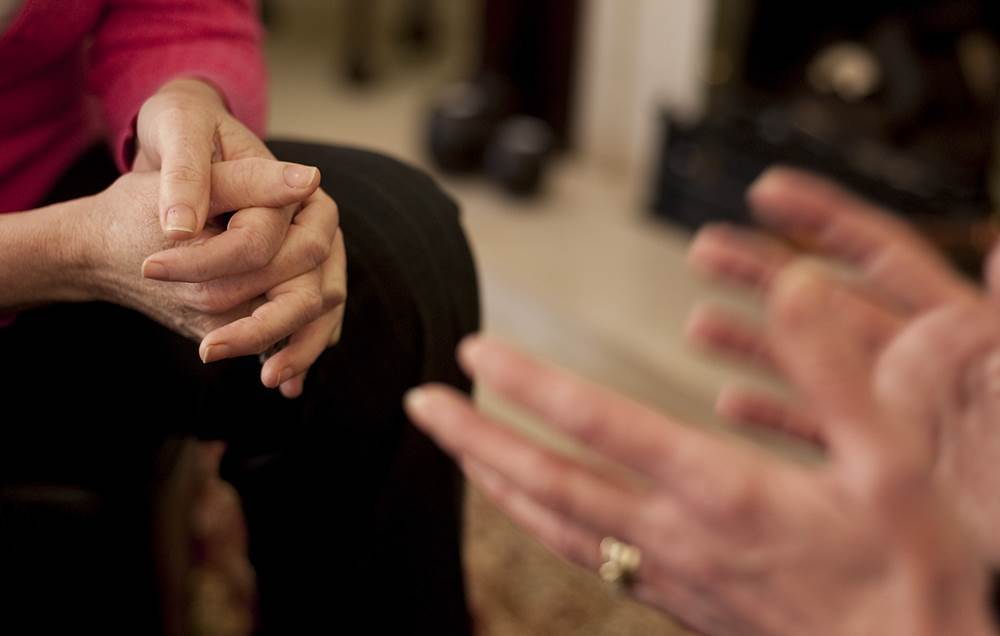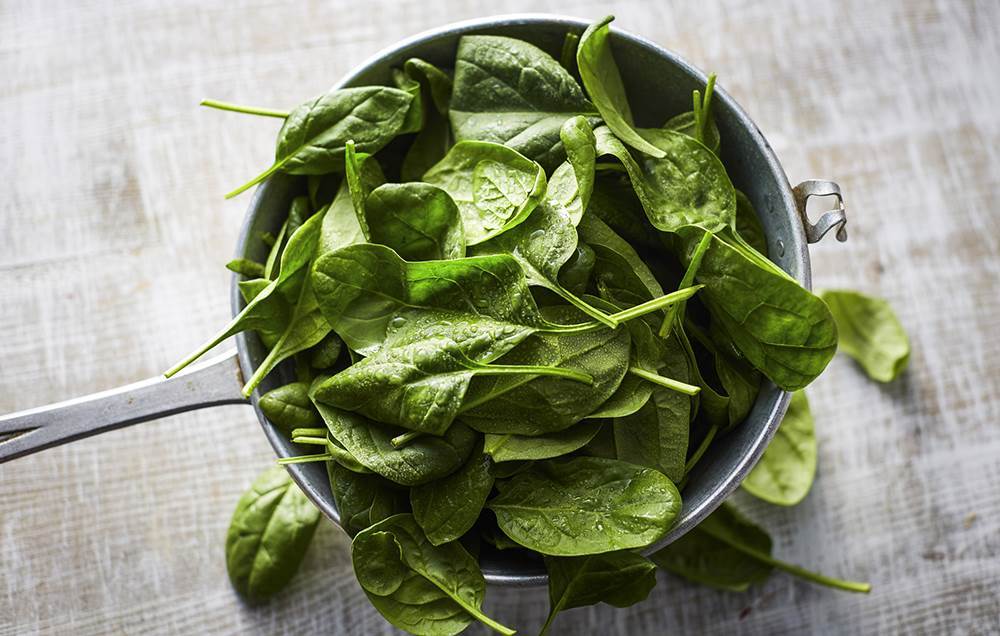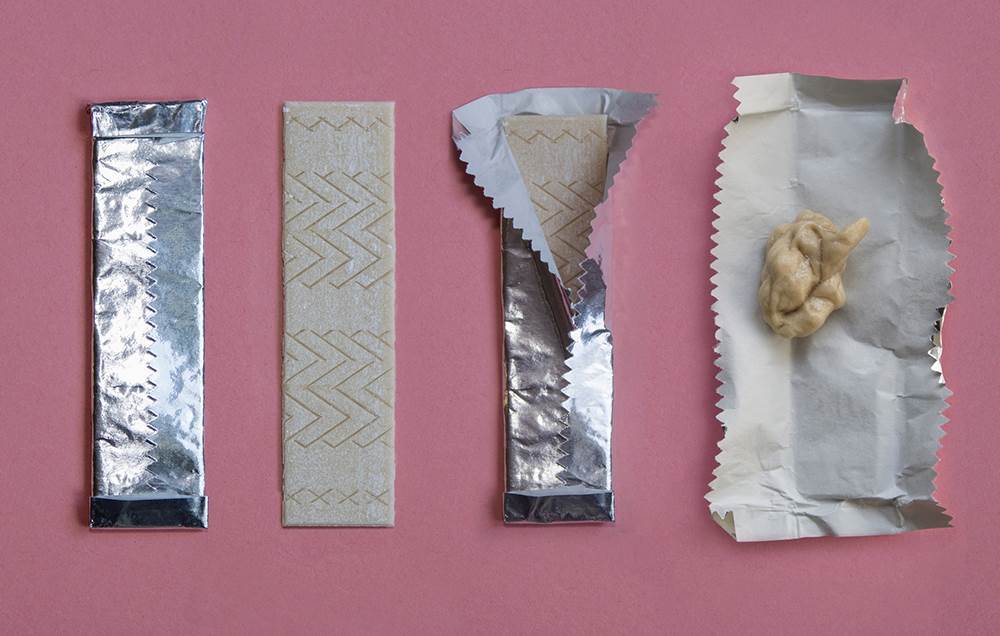If you grind your teeth—a condition experts refer to as "bruxism"—your dentist will likely prescribe some kind of guard or splint to prevent the headaches, cavities and tooth breakages that can result from your troublesome clenching and grinding.
"A well-fitting, professionally adjusted bite guard appliance remains the gold standard for care of clenching and grinding," says dentist Matthew Messina.
But not all dentists agree a guard is such a great idea. While that sort of appliance may protect your teeth, it doesn't treat or resolve the root cause of your problem, says dentist Mark Burhenne. It's also very pricey. A fitted, dentist-prescribed guard can run you up to $1,000.
So if not a guard—or at least, not only a guard—then what? Keep reading:






Talk about it.
Cognitive behavioral therapy involves retraining your brain to quickly identify feelings of stress, anxiety and other negative emotions—as well as their sources. It also involves techniques to manage those negative feelings. CBT is a proven stress-beater. And since bruxism often springs from stress or tension, it's no surprise research has shown CBT is an effective treatment for teeth-grinding.
Take up tai chi.
Exercise is another established stress-beater, so getting more of it may help moderate your teeth-grinding. Along with exercise, meditation is also helpful at quelling stress and anxiety. Tai chi is a centuries-old Chinese practice sometimes called "movement meditation" because it combines aspects of both physical activity and mindfulness. Research suggests it's as effective as CBT at lowering stress, and so may be another way to reduce your grinding problem.
Eat more spinach.
While not confirmed, some studies have linked low dietary magnesium to bruxism—at least among animals. That makes some sense, because magnesium plays a "vital" role in healthy nerve and muscle function, according to a study in the Journal of Oral Science. "Bruxism may be traceable to insufficient consumption, or inefficient utilisation, of this metal," the study authors write of magnesium. So yeah, eat more magnesium-rich foods. Spinach, pumpkin seeds, almonds and silverbeet are all good sources.
Spit out the gum.
If gum-chewing wunderkind Violet Beauregard is your idol, you may be headed for teeth-grinding trouble. Chewing gum "intensively"—or for more than three hours a day—is linked with increased rates of grinding, per a study in the Journal of Oral Rehabilitation. (Apparently gum-chewers are at risk for a few other gross side effects, too.) While it's possible frequent gum-chewers are just inclined to keep their overactive jaws occupied, the authors don't rule out that gum-chewing may promote jaw hyperactivity and teeth-grinding.
Skip the extra cup of coffee.
Caffeine consumption, especially in the hours before sleep, can promote nocturnal teeth grinding. The Bruxism Association agrees that caffeine can be a trigger. Cut back on caffeine, and you may reduce your grinding problems.
Up your omega-3s.
Research has linked teeth-grinding to sleep apnea, a condition that leads to breathing interruptions during sleep. When your breathing stops, your brain may trigger activity in your jaw in order to open your airways. And that activity may lead to grinding. If you have symptoms of sleep apnea—like a partner says you snore or stop breathing when you're asleep, and you feel tired during the day even after a full night of sleep—see a doctor. Sleep apnea can be a serious health issue. But also consider an omega-3 supplement. Studies have linked the DHA in omega-3 to improved sleep and less-severe symptoms of apnea. While there's nothing directly linking omega-3 to lower rates of teeth-grinding, it's worth a shot.










